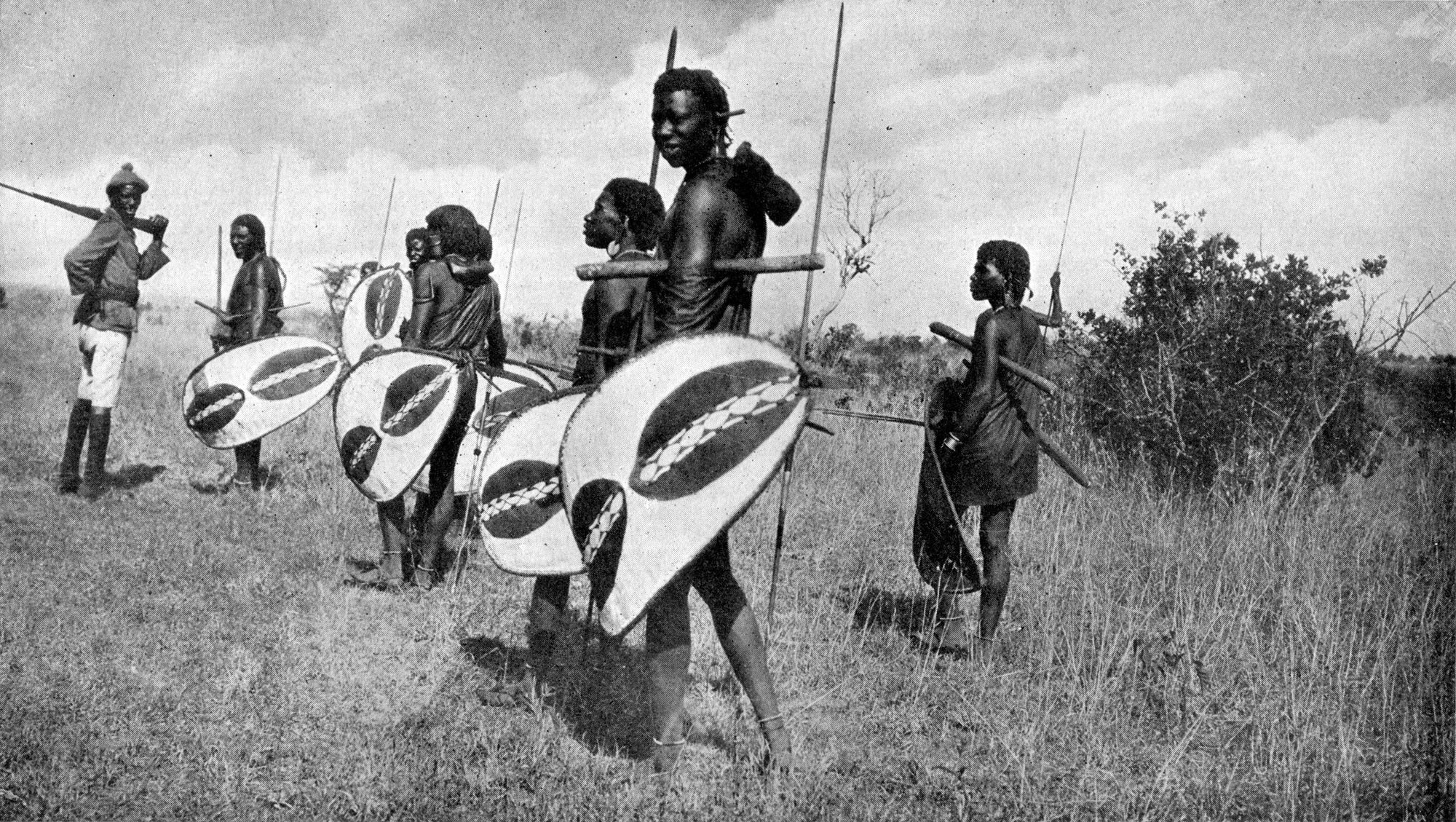The mysterious Anglo-Zanzibar war of 1896 is generally considered the shortest war in history. It lasted for a grand total of 38 minutes.
The war began with the signing of the Heligoland-Zanzibar treaty between Britain and Germany in 1890. This treaty effectively drew up spheres of influence between imperial powers in east Africa, Zanzibar was ceded to British influence, whilst Germany was given control over mainland Tanzania. With this newfound influence, Britain declared Zanzibar a protectorate of the British Empire and moved to install their own “puppet” Sultan to look after the region – Hamad bin Thuwaini, who had been a supporter of the British in the area, was given the position in 1893.
Hamad ruled over the relatively peaceful protectorate for just over three years, until August 25, 1896, when he died of unknown causes in his palace. It was, however, believed that his cousin Khalid bin Bargash had him poisoned. This theory was further compounded by the fact that a few hours after Hamad’s death Khalid had moved into the palace and assumed the position of Sultan, even without British approval.
The local British diplomats were not pleased with this new turn of events, and the chief diplomat in the area, Basil Cave, quickly declared that Khalid should step down. Khalid ignored the request as well as the warnings that followed it, and instead gathered his forces around the palace. These forces were heavily armed. By the end of August 25, Khalid had his palace secured with almost 3,000 men, several artillery guns and even a modestly armed Regal yacht in the nearby harbor. At the same time however, the British had two warships anchored in the harbor, the HMS Philomel and the HMS Rush, troops were also quickly being sent ashore to protect the British Consulate and keep the local population from rioting.
Even though Cave had significant armed presence in the harbor, he knew that he did not have the express approval from the British government. To prepare for all eventualities, he sent a telegram to the Foreign Office seeking approval, should his requests to the palace to Khalid not be met. Whilst awaiting the response, Cave continued to issue ultimatums to Khalid but to no avail. A day later, two more British warships entered the harbor; the HMS Raccoon and the HMS George, the latter one was carrying Rear Admiral Harry Rawson, who was commander of the British fleet. At the same time, Cave also received a telegram giving him express authorization to adopt whatever measures he may consider necessary, as well as express support from Her Majesty’s government.
The final ultimatum was issued to Khalid on 26 August, demanding that he leave the palace by 9AM the next day. That night, Cave further demanded that all non-military boats leave the harbor in preparation for the war. The following day at 8AM, one hour before the final ultimatum expired, Khalid sent a reply to Cave stating that they have no intention of hauling down their flag.
At 9AM the order was given for the British ships in the harbor to begin bombarding the palace. By 09:02 the majority of Khalid’s artillery had been destroyed, and the palace’s wooden structure had started to collapse with 3,000 defenders inside. At the same time, it is said that Khalid has escaped through the back exit, leaving his servants and fighters to defend the palace alone. By 09:40 the shelling had ceased, the Sultan’s flag down and the shortest war ever recorded in history officially ended after only 38 minutes.
Although the war was quite short, the casualty rate was quite high, with over 500 of Khalid’s fighters killed/wounded, mainly due to the high explosive shells exploding on the palace’s flimsy structure. With Khalid out of the way, the United Kingdom was free to place a pro-British Sultan called Hamod on the throne of Zanzibar and he ruled on behalf of Her Majesty’s government for the next six years.









